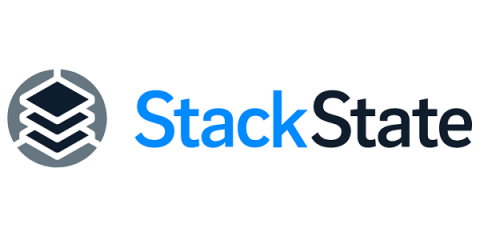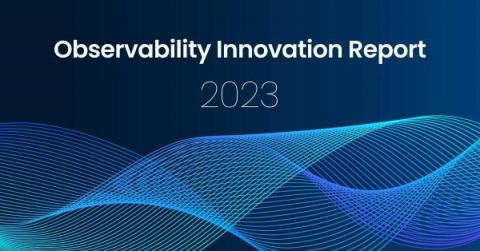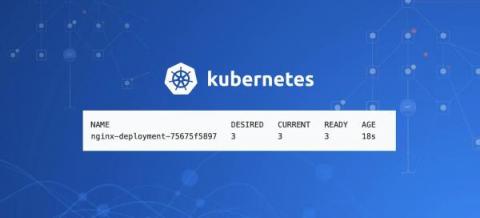3 Key Questions to Ask Before Getting Started with Kubernetes
If you need to deploy a lot of microservices at once and manage them at scale, Kubernetes is hard to beat. But Kubernetes also brings additional complexity that you just might not need. You would be smart to ask yourself these three questions before getting started with Kubernetes.








